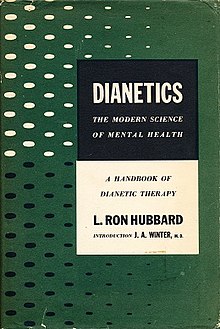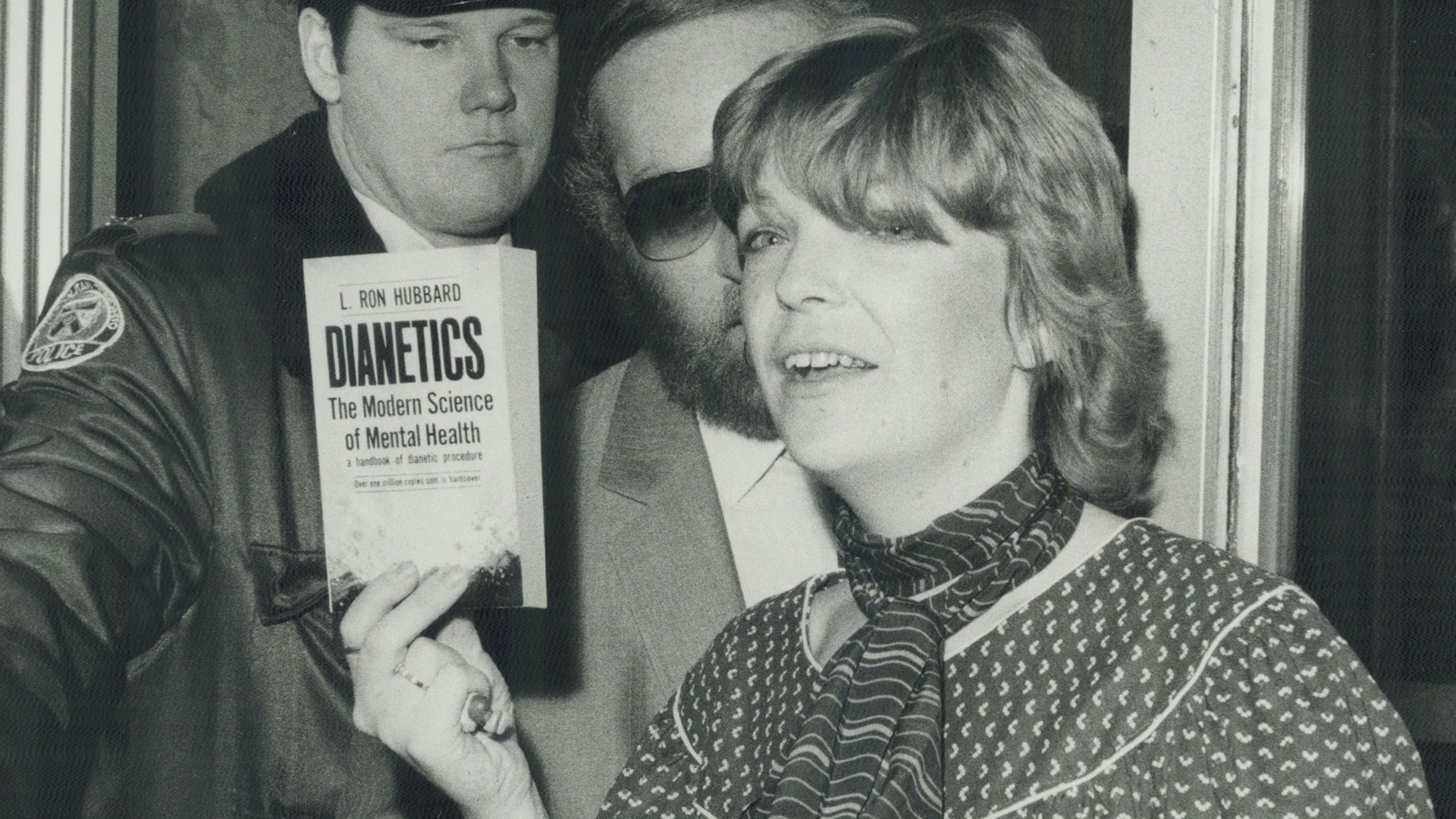Little Known Facts About Dianetics.
Little Known Facts About Dianetics.
Blog Article
Not known Details About Dianetics
Table of ContentsGetting The Dianetics To WorkSome Known Facts About Dianetics.The Greatest Guide To DianeticsThe Facts About Dianetics Revealed
I couldn't ever not want to receive anything that comes to mind for you- if it was otherwise, I wouldn't be sitting here with you, doing this. I not only could never have an issue, or otherwise want to hear something that enters your mind for you, yet I'm entirely anxious to know every idea, every thought, every image or feeling that emerges or materializes for you- do not ever before think otherwise, and if for one reason or another you do, please just let me know! Often, you might have an idea, and picture, concept or occurrence appear that does not appear to respond to the concern, or connect to it, but however, constantly do inform me about it, and as we proceed, the importance will emerge for you.This is integral in the basis of processing, and the topic of this conversation: the basic roles of the counselor and the client: The standard duty of the therapist is, unlike "basic training", not to regulate, which implies to implement and/or hinder, however to instead work from the basis of EMPOWERING THE CUSTOMER.

Things about Dianetics
John Mcmasters shared this fundamental truth splendidly well in one of his lectures on Power processing, where he describes exactly how he was asked what this "unique propensity" was that he had for offering such excellent sessions; he had to consider that for a minute, and spotted that it was what he had not been doing, in addition to what he was doing: he had not been assessing, evaluating, computer, or as a matter of fact, producing any ideas, not to mention verbal expressions, after giving the command and while awaiting the computer to complete their response to their fulfillment; he was, merely and just, being existing with the PC, and entirely interested.
The function of the therapist, showed; that was his "special knack". I have had my own experience which educated me this well, extremely early on in the game. In 1982, having actually just recently completed my training and internship on New Age Dianetics, I was running this on a PC, and there was a factor in the session where (being a little bit damp behind the ears not yet having lots of hours under my belt as a professional auditor) the PC appeared to be "taking as well long" to express anything vocally after I gave him a command.
This trick turned out to be the most useful payment that John ever before made to the topic of therapy or auditing (Dianetics). In my humble viewpoint, it is the greatest contribution that anybody has ever before made to these subjectsthe application is completely non-judgemental, non-evaluative, and devoid of any tip, recommendations or opinion.no preconceived schedule for individuals, or 'degrees' that they must do
In Scientology we prided ourselves on not reviewing for individuals. All address that truly indicated was that the auditor did not Vocally examine for the Computer in session.
10 Simple Techniques For Dianetics

Anyone who had actually ever seen John audit might not aid however see an one-of-a-kind quality in his bookkeeping."The customer's fundamental duty is to be there with the objective of moving in the instructions of their spiritual objectives, and to easily and totally express and experience whatever manifests for them in addressing the concerns and carrying out the instructions in the handling.
This is something to process as needed. Likewise, people regularly have previous experience and/or brainwashing in auditing/processing which, in some methods, and to some levels, in fact misguides them into perspectives, ideas and actions patterns that protect against the full realization of these roles, and so they will often tend to inhibit the expressing of what comes to mind, as in the instances offered over - Dianetics. * The initial, and possibly foremost instances of mis-indoctrination resulting in less than totally smooth and reliable sessions, can be discovered in specific facets of the training regimens, or "TR's":"TR's" right here are usually an individual's very first, or a minimum of early, experience in Scientology, and while I will take place to clarify what I see as the flaws in idea and practice, however, have a tendency to be significantly therapeutic, done as they are given (Hubbard firmly insists that "TR's are not processing, they are educating", yet factually, they are both processing AND training)
Alan Walter made comparable observations, and improved look at this web-site these with his "Existence Processes". There is no "flunking", and no rejection of the truth of this being handling. The focus, as it needs to be, gets on experiencing the other individual's visibility. All the manifestations which get a "flunk" in doing "TR-0" are just the being's initiatives to resist the other individual's presence, and instead of being pestered and pestered with "Flunk", which imposes "failure!" on the being, one just needs to be encouraged to "stick their feet in the water a little much deeper", to significantly restore their capability and willingness to completely share and experience "being right here", or "presence", with others.
How Dianetics can Save You Time, Stress, and Money.

Report this page